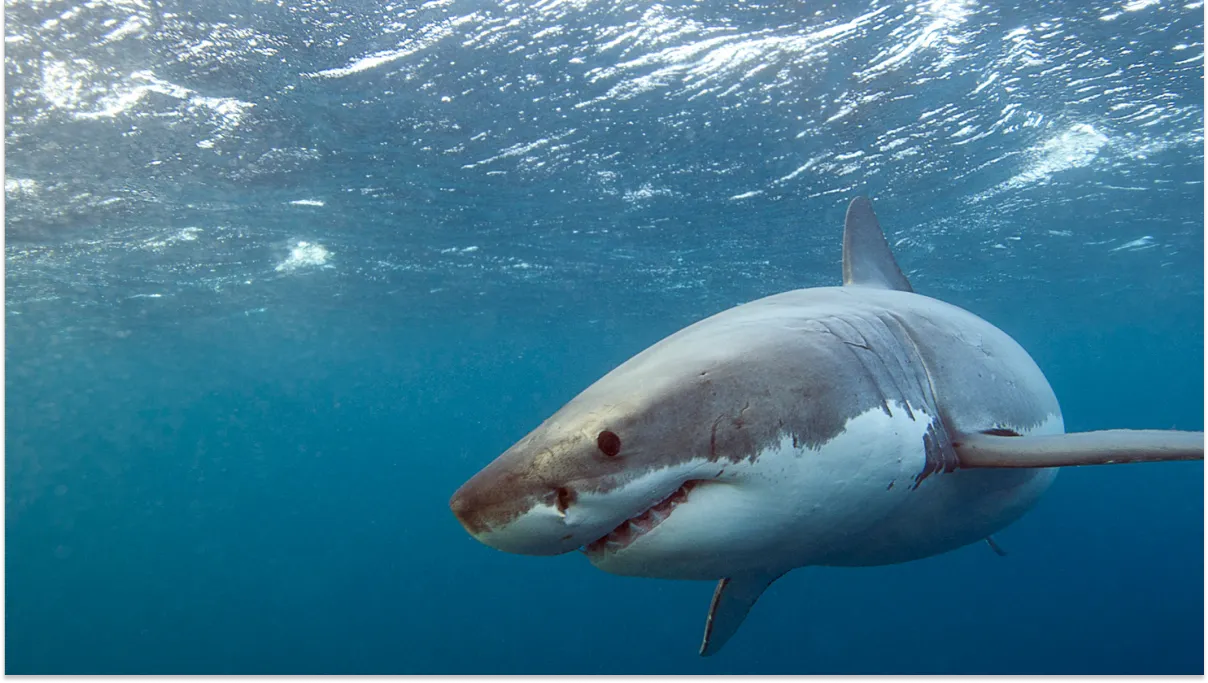On July 22, 2024, a surprising discovery was made: sharks off the coast of Brazil tested positive for cocaine. This news has shocked scientists and environmentalists alike. The finding raises many questions about the impact of drug trafficking on marine life.
Discovery and Testing
The testing was part of a broader study on pollution in the Atlantic Ocean. Researchers collected samples from several shark species in the region. They wanted to check for harmful substances in their bodies. To their astonishment, they found traces of cocaine in the sharks.
The discovery came from a routine study by the Federal University of Rio de Janeiro. The research team was analyzing various pollutants in the ocean. They were not expecting to find drugs in these apex predators.
How Did the Sharks Test Positive?
So, how did cocaine end up in sharks? Experts believe the drugs may have been dumped into the ocean. Drug traffickers sometimes dispose of their products at sea to avoid detection. When these drugs are released, they can enter the marine ecosystem.
Cocaine is a powerful substance that can affect many animals. Its presence in sharks indicates that the drug can spread through the ocean. This is concerning because it shows how human activities are impacting wildlife.
Impact on Marine Ecosystems
The presence of cocaine in sharks raises serious questions about the health of marine ecosystems. Sharks are crucial to ocean health as they control fish populations and keep ecosystems balanced. The drug’s effect on them could have broader implications for marine life.
Cocaine can alter an animal’s behavior and health. For instance, it might affect their hunting skills or reproductive abilities. This disruption could impact the entire marine food chain. As a result, other species could also be affected, leading to larger ecological problems.
Efforts to Address the Issue
Addressing this issue will require concerted efforts. Scientists are calling for more research to understand the full impact of cocaine and other pollutants on marine life. They suggest increasing patrols to prevent illegal dumping in the ocean.
Governments and organizations must work together to address drug trafficking and its environmental impact. Public awareness campaigns could also help educate people about the consequences of dumping drugs at sea.
Conclusion
The discovery of cocaine in sharks off the coast of Brazil is both alarming and eye-opening. It highlights a serious issue with drug pollution in the ocean. As scientists continue to study the impact of these substances, it is clear that urgent action is needed to protect marine life.
Understanding how drugs like cocaine affect wildlife is crucial. By addressing the problem, we can help preserve the delicate balance of our oceans. This finding serves as a reminder of how interconnected human activities are with the natural world.
